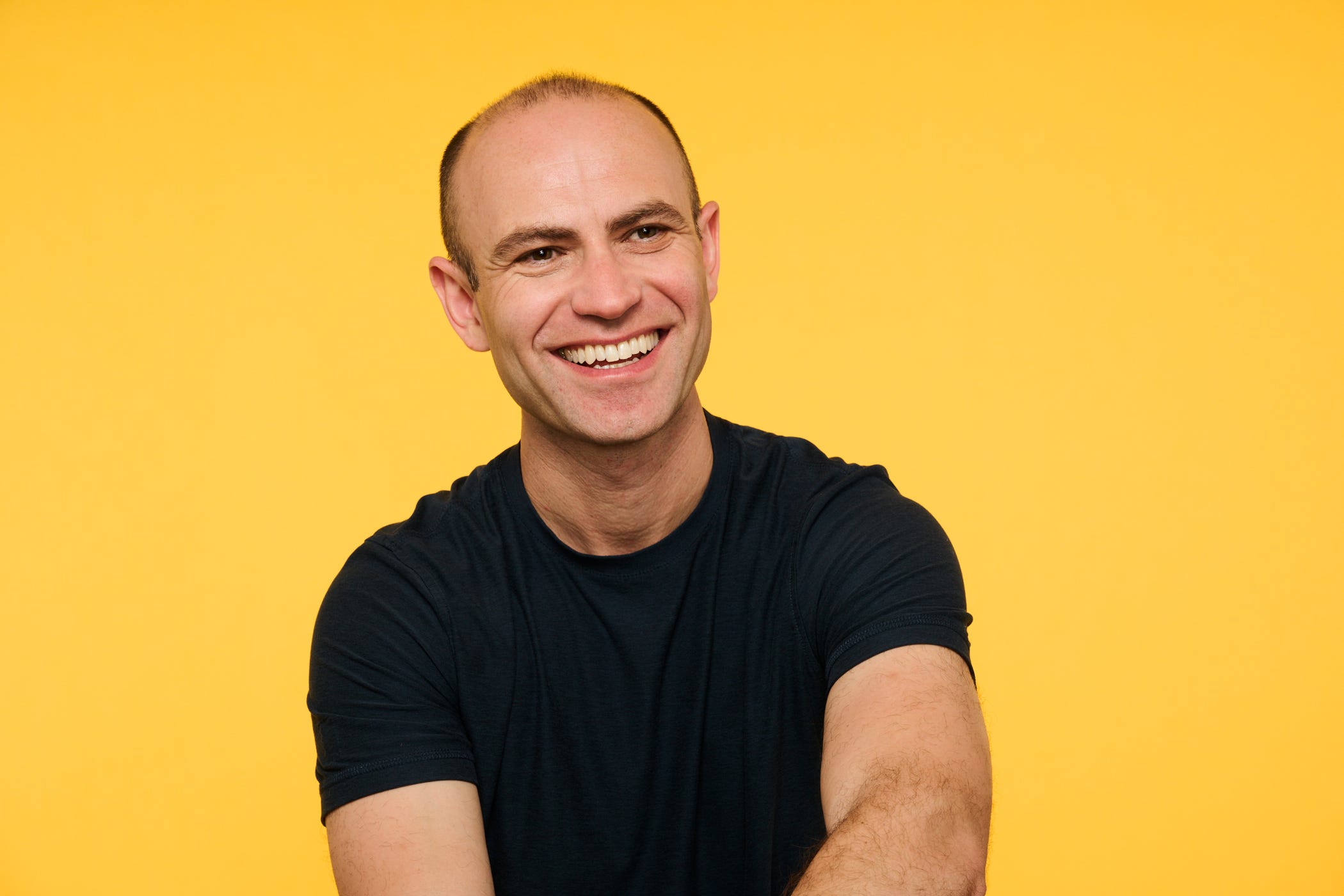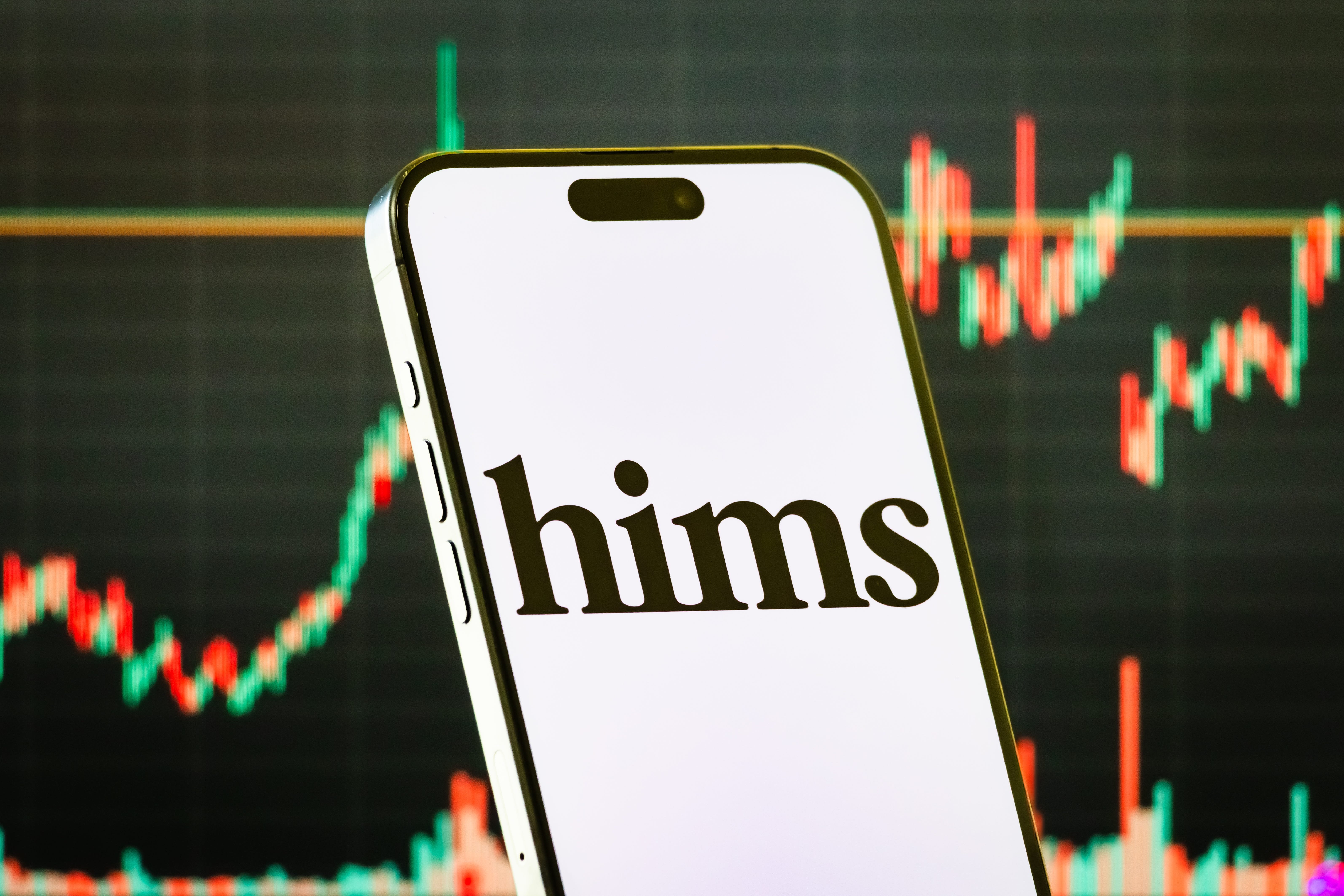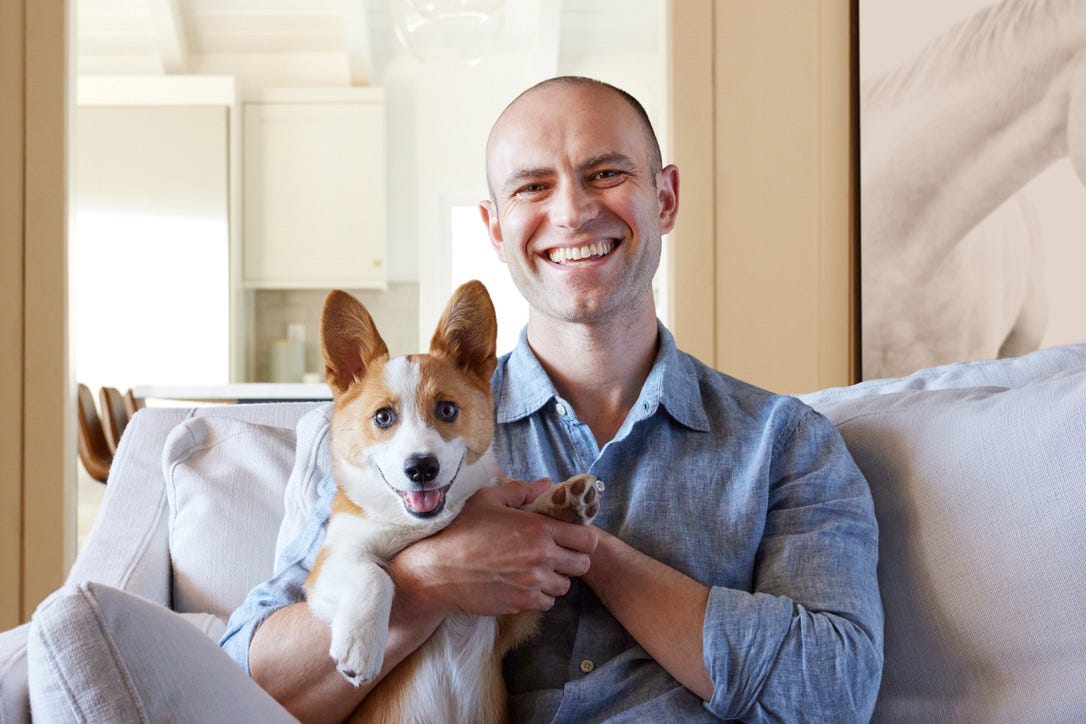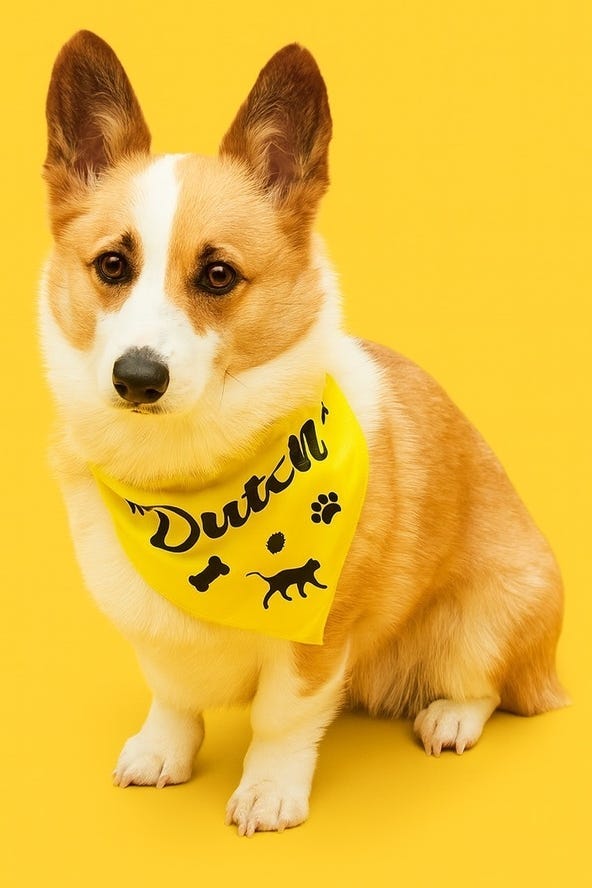
Courtesy of Joe Spector
- Joe Spector, from Soviet Uzbekistan, felt like he was living the American Dream working at JPMorgan in the ’00s.
- He said he found working in startups more fulfilling, and cofounded the telehealth company, Hims.
- Spector left Hims in 2021 to launch Dutch. He said these experiences taught him about risk-taking.
This as-told-to essay is based on a conversation with Joe Spector, 45, the founder and CEO of Dutch, a veterinary telehealth company. The following has been edited for length and clarity.
I decided to become an investment banker after watching the movie “Wall Street.” It was the early 2000s, before working in Big Tech was sexy, and I thought a job on Wall Street was the epitome of success for a college graduate.
After graduating from UC Berkeley in 2001, I landed my dream job at JPMorgan in New York City in 2002, but I found it to be massively unfulfilling.
That’s when I realized there was more to life than money — or at least more ways to make it than the rinse-and-repeat routine of investment banking.
Then I found startups. I gave up my comfortable salary to cofound Hims, and later launched Dutch, a telehealth platform that connects pet owners with licensed veterinarians. As someone from an immigrant background, I’m used to making something from nothing.
In the process, I learned how important it is to be really honest with yourself and open to feedback from others, to truly understand if a risk is worth taking.
Have you made an unconventional career move? If you’re comfortable discussing it with a reporter, please fill out this quick form. We want to hear from people who have stepped out of or into corporate life in nontraditional ways.
I worked hard at college and graduated a year early
When my family arrived in California from the Soviet Union, now Uzbekistan, in 1990, I was 10 years old and in survival mode.
In the Soviet Union, no amount of smarts or effort would allow a Jewish person like me to rise to the top of a profession. America seemed like the land of opportunity.
I arrived in Fremont, California, with my family, with nothing but a red suitcase and some clothes. We moved into low-income housing and lived on food stamps for a long time.
My goal was to one day support my parents; theirs was getting me into a good school.
I started my undergrad at Berkeley in 1998 and busted my butt to do well. I didn’t allow myself to travel or explore college life. I graduated early, in three years instead of four, and was still in survival mode.
I asked myself: “What’s the best-paying job I can get after college?” The answer, then, was investment banking.
Going to business school made me realize I could be an entrepreneur
When I started at JPMorgan in 2002, I thought, “Oh my God, I’m living the American dream.”
I started with a base salary of $55,000, growing to six figures over the years. It wasn’t uncommon to get bonuses of 100% or more, and they made up a large portion of my total pay.
I enjoyed the critical thinking, but the work became repetitive, and the hours were crazy. It was like a boiler room. People used to get angry over misplaced spaces or grammatical errors in PowerPoint presentations. It was unnecessarily intense, in my opinion, and massively unfufilling. I knew I didn’t want to spend the rest of my life doing this.
Many of my colleagues were in the “work hard, play hard” mindset. We’d spend a ton of money on the weekends to try to feel better about the awful week we’d had.
In 2004, I decided to leave, but I stayed for another year to prove to myself that I wasn’t a quitter. My get-out-of-jail-free card was a place at the Wharton School for an MBA in Finance and Real Estate in 2005. I was 25.
Meeting people who were businesses — not just seeing them on TV —stripped away the mystique around entrepreneurship and was a turning point in my journey. They were real and making things up as they went along. It made me realize that I could do it too.
My parents wanted me to go back to my safe job at JPMorgan
My first startup out of Wharton was a dating website and it failed: it launched in 2006 and shuttered in 2008. But it taught me that you can only learn by doing. Most of all, I realized how much I loved startups — they were thrilling and showed me how fulfilling it could be to create products that improve people’s lives.
I didn’t cofound Hims until 2017, when I was 37. That was more than eight years of my parents asking, “Why don’t you go back to that safe job at JPMorgan?”
I have three kids, aged 8, 11, and 13, and there were times when I had to take a job just to get health insurance. In my heart of hearts, though, I knew that I loved early-stage entrepreneurship and wanted to create something out of nothing.

illustration by Cheng Xin/Getty Images
Hims was a classic Bay Area story. I was back in California and people I knew connected me to other founders. The idea for Hims came from a whiteboard brainstorm.
I helped found the company that connects consumers with licensed healthcare providers, and very early on, we could see traction. We raised a seed round, and the rest is history.
I’ll never forget getting our first billion-dollar unicorn valuation in 2019. From then on, I was making about $214,000 a year. In my wildest dreams, I never thought I’d ring the New York Stock Exchange bell, like I did in 2021 with the other co-founders and members of the executive team.

Courtesy of Joe Spector
During COVID-19, like so many other American households, I got a pandemic puppy and faced veterinary bills in the thousands, like when we had to take our dog, Eddie, to urgent care after he ate some trail mix.
As a problem solver who runs to the fire, I decided to leave Hims behind in 2021 and start Dutch. It’s scary — and not great — to bring your salary down to zero, especially when you’re married with young kids. But I believed in myself and so did a bunch of other people.
We’ve raised tens of millions of dollars, and I’m earning six figures again. It’s amazing, and I’m very proud of our team.

Courtesy of Joe Spector
Have honest conversations before taking big risks
I’ve learned this about taking risks: It’s really important to have honest conversations with yourself, the people you trust, and others.
Talk to your customers and potential customers. They have answers for you. That can help you understand if your idea is a gimmick or something that could make things cheaper or faster, or make people happier.
Don’t take a risk just because you’re unhappy and want to do something else. Be honest with yourself and open to honest feedback from others to really understand if the risk is worthwhile.
JPMorgan did not provide a comment when contacted by Business Insider.
Read the original article on Business Insider
The post I quit JPMorgan, which didn’t fulfill my American dream. Co-founding Hims and launching a startup taught me how to take smart risks. appeared first on Business Insider.




